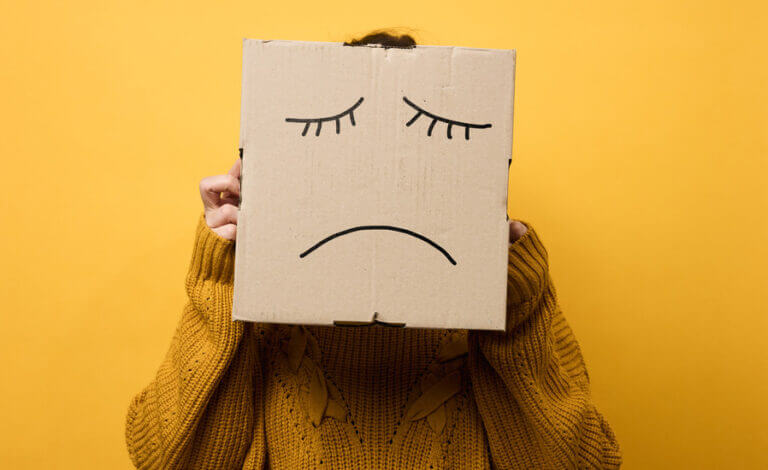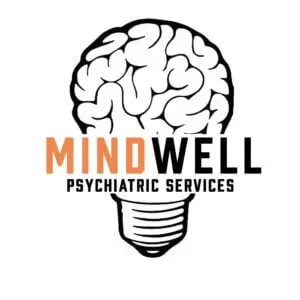Demystifying Depression: Unveiling the Mental Health Menace
Alright, folks, let’s cut the fluff and dive straight into it. Depression, it’s not your everyday case of the blues. This thing is a full-on mental health menace, and it’s time we exposed it for what it truly is. Forget the stereotypes; depression doesn’t discriminate. It’s not just “in your head,” and it certainly doesn’t mean you’re weak.
Depression is like a relentless storm cloud that hovers over your life, casting shadows on everything you do. It’s not about feeling a bit sad or down; it’s a complex illness that messes with your thoughts, your emotions, and your very existence. This is the real deal, folks.
Depression isn’t a sign of weakness; it’s a glitch in brain chemistry, just like a glitch in your computer code. It’s not something you can snap out of, no matter how hard you try. Understanding this is the first step towards reclaiming your mental mastery.
Depression isn’t just an emotional struggle; it’s a physical and mental battle that can zap your vitality and zest for life. Your sleep? Shattered. Your appetite? Haywire. Depression doesn’t play fair; it messes with every aspect of your existence. This is more than just a bad mood; it’s a full-blown showdown with a formidable opponent.
Medication Marvels: Debunking Depression Medication Myths
Now, let’s tackle some myths head-on. Depression medications aren’t mind-numbing substances that turn you into a robot. That’s pure nonsense. Think of these meds as tools in your arsenal, designed to help you regain control of your life. They don’t erase your personality; they unlock your potential.
Depression medications come in various forms, from selective serotonin reuptake inhibitors (SSRIs) to serotonin-norepinephrine reuptake inhibitors (SNRIs) and beyond. Each type works differently, but their goal is the same: to rebalance the chemicals in your brain that are out of whack due to depression.
But guess what? We’re not putting all our chips on pills alone. No, sir! We’re diving deep into the strategies that complement medication. We’re talking therapy – your lifeline to understanding and conquering your demons. Self-care? That’s your armor against the storm. And your support network? They’re the cavalry in this battle.
Therapists are like the wise mentors you see in epic tales, guiding the hero through the darkest forests and treacherous waters. They can help you understand the roots of your depression, provide coping strategies, and offer a safe space to express your feelings.
Self-care isn’t some vague, woo-woo concept. It’s about prioritizing your well-being, both physically and mentally. It includes activities like exercise, maintaining a balanced diet, getting enough sleep, and engaging in hobbies you enjoy. These acts of self-compassion can help lift the heavy veil of depression.
And let’s not forget the power of support groups and self-empowerment communities. These are your comrades in arms, your fellow warriors in the battle against depression. Sharing your journey with others who understand your struggles can be a game-changer.
Recognizing the Signs: When Depression Takes Over
Depression doesn’t play coy; it comes with a neon sign saying, “Something’s wrong.” If you’re feeling persistently sad, tired, and your appetite or sleep patterns are haywire, these are red flags. They’re not signs of weakness; they’re signals telling you it’s high time to seek help. Early action can be a game-changer.
Depression often manifests in various ways. You might experience a persistent feeling of sadness or emptiness, a loss of interest or pleasure in activities you once enjoyed, changes in appetite or weight, difficulty sleeping or oversleeping, fatigue, feelings of worthlessness or excessive guilt, difficulty concentrating, and even thoughts of death or suicide.
Depression can also have physical symptoms, like headaches, digestive issues, and chronic pain. These physical symptoms often go hand in hand with the emotional toll of depression.
It’s crucial to understand that depression isn’t a one-size-fits-all condition. It can affect people differently, and some individuals may experience a few of these symptoms, while others may grapple with many. Regardless of the specific signs you’re facing, recognizing them is the crucial first step toward reclaiming your life.
The Mental Health Practitioner’s Role: Your Lifeline to Beating Depression
Now, here’s where the cavalry rides in – the mental health practitioner. They’re not just providers; they’re the generals in your battle against depression. These folks have the know-how, the experience, and the strategies to help you conquer this beast. They don’t just hand out prescriptions; they craft a personalized battle plan just for you.
With a mental health practitioner by your side, you’re not just facing depression; you’re on a mission to silence the storm and reignite your life. This is your chance to take back control, to stand tall in the face of adversity. Depression may be fierce, but with the right strategies and a trusted mental health pracitioner, you’re an unstoppable force.





